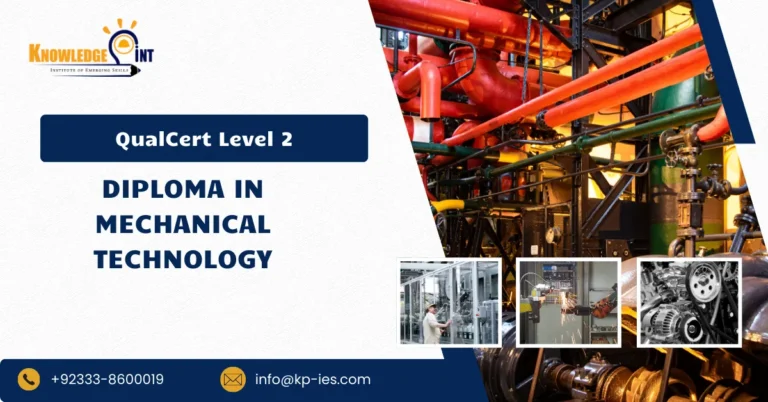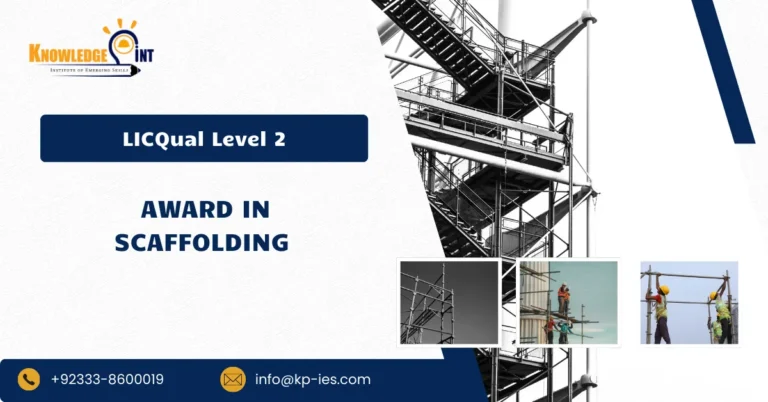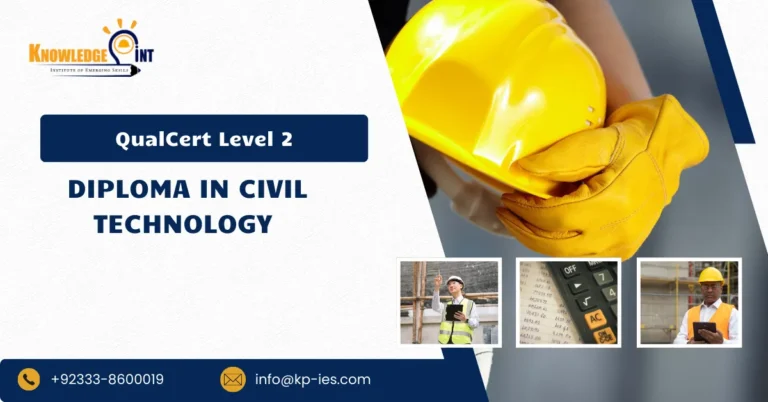ICTQual AB Level 6 International Diploma
Automotive Technology & Maintenance
Awarding Body
ICTQual AB
Credits
360 Credits
Course
Transport & Logistics
study mode
Online Learning
Course overview
The ICTQual AB Level 6 International Diploma in Automotive Technology & Maintenance is designed for professionals seeking advanced technical knowledge and practical expertise in modern automotive systems and vehicle maintenance. The programme provides an in-depth understanding of automotive engineering principles, diagnostics, repair methodologies, and emerging vehicle technologies. It prepares learners to work confidently across automotive workshops, dealerships, fleet operations, manufacturing units, and service centres, where precision, safety, and efficiency are essential.
Throughout the course, learners develop strong analytical, troubleshooting, and decision-making skills required for advanced automotive maintenance and repair. Key areas of study include engine systems, transmission and drivetrain technologies, electrical and electronic systems, hybrid and electric vehicles, diagnostics tools, and preventive maintenance strategies. The programme also emphasises workplace safety, quality control, environmental regulations, sustainability practices, and the use of modern automotive technologies to meet global industry standards.
This diploma is ideal for automotive technicians, maintenance engineers, workshop supervisors, service managers, and individuals aiming for career progression in the automotive sector. Graduates gain the competence to diagnose complex vehicle issues, implement effective maintenance systems, improve performance and reliability, and ensure compliance with industry regulations. The Level 6 qualification also supports progression to higher education, professional certifications, and senior technical or managerial roles within the international automotive industry.

Approved Training centre of ICTQual AB
Centre # : ATC24001

Entry Requirments
Entry Requirements for the ICTQual AB Level 6 International Diploma in Automotive Technology & Maintenance:
- Educational Qualifications:A Level 5 qualification or equivalent in automotive technology, mechanical engineering, or a related technical field.
- Professional Experience:Relevant industry experience in automotive maintenance, diagnostics, or vehicle repair is recommended; mature learners with practical experience may also be considered.
- English Language Proficiency:Since the program is delivered in English, learners must show competence in reading, writing, and communication.
Course structure
ICTQual AB Level 6 International Diploma in Automotive Technology & Maintenance in Personal Protective Equipment qualification consists of 36 mandatory units.




